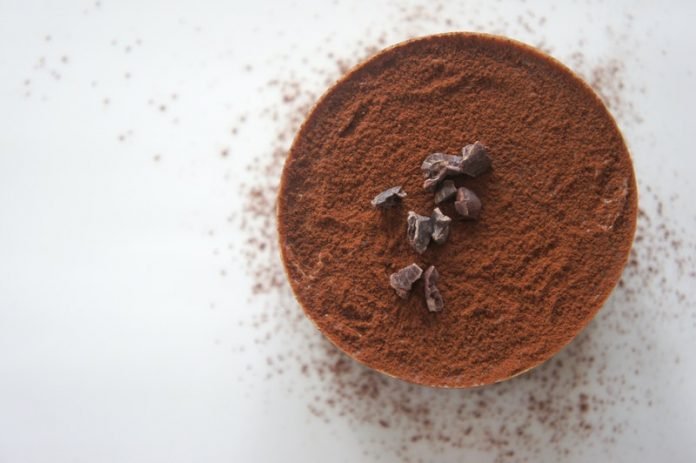
In a recent study published in the Journal of Nutritional Biochemistry, researchers found that supplementation of cocoa powder in a high-fat diet may strongly reduce the severity of the liver disease.
The study is from Penn State. One author is Joshua Lambert.
Cocoa powder, a popular food ingredient most commonly used in the production of chocolate, is rich in fiber, iron and phytochemicals reported having positive health benefits.
This includes antioxidant polyphenols and methylxanthines.
While it is typically considered an indulgent food because of its high sugar and fat content, studies have suggested that chocolate consumption is linked to reduced risk of stroke, coronary heart disease and Type 2 diabetes.
In the study, the team examined whether cocoa consumption had an effect on non-alcohol-related fatty liver disease, which is commonly associated with human obesity.
They tested the protective effects of cocoa in a mouse model that better simulates the current public health situation related to non-alcohol-related fatty liver disease.
They examined changes in fatty liver disease, markers of oxidative stress, antioxidant response and cell damage in high-fat-fed obese mice treated with a diet supplemented with 80 mg cocoa powder per gram of food—roughly a pinch per quarter teaspoon—for eight weeks.
The team found that cocoa-treated mice gained weight at a 21% lower rate and had smaller spleen weights—indicating less inflammation—than the high-fat-fed control mice.
At the end of the study, mice fed the cocoa-powder-supplemented diet had 28% less fat in their livers than the control mice.
Cocoa-treated mice also had 56% lower levels of oxidative stress and 75% lower levels of DNA damage in the liver compared to high-fat-fed control mice.
The team says that extracts from cocoa and some of the chemicals in cocoa powder can inhibit the enzymes that are responsible for digesting dietary fat and carbohydrate.
The result is that when mice get cocoa as part of their diet, these compounds in the cocoa powder prevent the digestion of dietary fat.
When it can’t be absorbed, the fat passes through their digestive systems. A similar process may occur with cocoa in humans.
The researchers advise considering substituting cocoa for other foods, particularly high-calorie snack foods.
If you care about nutrition and your health, please read studies about this diet linked to high colon cancer risk and findings of Know the flax: A little seed may be what your diet needs.
For more information about diets and wellness, please see recent studies about this heart-healthy diet may lower your ‘bad’ cholesterol and results showing that a spicy diet could be linked to dementia.
Copyright © 2021 Knowridge Science Report. All rights reserved.



